Educational Grant for Circular Economy Projects
We are excited to announce the Litter Less Plus Educational Grants. Through these grants, schools and groups in both formal and informal education settings can apply for approx. 500 EUR to support projects which advance circular economy. This can include projects which aim to reduce litter and waste, promote responsible production and consumption, and help students gain knowledge and take action to reduce invisible pollutants.
Who can apply?
We invite schools who are part of the FEE network and run the Eco-Schools, Learning about Forests and/or YRE programmes to apply. Groups, individuals and schools associated with the partners of the Litter Less Campaign (WOSM and UNESCO ASPnet) can also apply for the educational grant!
How to apply?
Applications are now closed.
Before you apply, make sure that you meet at least one of the following criteria:
You are situated in a country where FEE has a member organization,
You are an international school implementing one or more of FEE’s educational programme.
You are a UNESCO ASPnet school in:
Cuba
Dominican Republic
Egypt
Finland
Gambia
Indonesia
Italy
Jordan
Kazakhstan
Kingdom of Bahrain
Kuwait
Namibia
Norway
South Korea
Oman
Philippines
Trinidad & Tobago
You are part of the World Organisation of the Scouts Movement in:
Project Proposal Requirements
Project title - This will be the official name of your project.
A plan that follows the ES 7-steps, LEAF or YRE methodology - give a detailed description of your project, describing how your school will approach the circular economy challenge. Your description should address the following aspects:
How does the project promote the principles of circular economy through the ES 7-steps, LEAF or YRE methodology?
Target group - list the people/organisations that will benefit from the project.
What resources do you need in order to implement the project?
What are the outputs and outcomes of the project? - list the objectives of your project making sure you address the topic set out.
Are the participants’ roles in the project clearly defined?
Will it be possible to replicate the project?
How will the project promote the adoption of a circular economy mindset in the place where it is implemented?
Implementation schedule - a methodologically coherent step-by-step progression of the various stages of the project. Note that the project can start around 1st April 2023 and the report must be completed and uploaded by the 30th October 2023.
Reporting method - describe your project achievements using this case study format.
Estimated cost - You can apply for approx. 500 EUR that has to be presented via a detailed breakdown odd the expected expenses that will be incurred during the project. Funds need to support the project idea and can only be used for that purpose. In the planning, it is important to present co-funders in kind or as a co-founder with a financial contribution.
Applications need to be submitted in English. You can download the application form here
Resources and Materials
Check out some of these resources to inspire your project!
Take the GAIA 20:30 Circular Economy course on FEE Academy!
Discover Litter Less Campaign lesson plans and educational resources!
Explore circular economy thinking with the Ellen McArthur Foundation.
Try out a lesson plan on circular economy in your classroom!
Curricular Framework for Advancing Circular Economy
The framework is intended to support curricular developers in integrating concepts linked to Circular Economy into teaching, including in the educational standards that guide the curriculum and in the content used to engage educators and students in the classroom and beyond.
Lesson Plans on Circular Economy
The entry point to circular economy education can be through any existing environmental education initiative like energy conservation, waste management, biodiversity education, climate change etc. with focus on reducing waste. The literacy should motivate a person with competence to reduce the loss of material and energy at every stage of production and consumption through product and service redesign.
If you have any additional questions, please contact Gosia Luszeczek (gosia@fee.global) or Shimon Ginzburg (shimon@fee.global)
Applications are now closed!
Grant winners will be announced by the end of march 2023.
General Data Protection Regulation (GDPR)
Declaration of Consent for the Processing of Personal Information and the Use of Videos and Photo Stories Submitted
When submitting an entry to this competition, you agree that we can process your personal data provided in the submission form. We process the data so that we can register your participation, share the entry online, and assess it according to the competition criteria. Necessary permission, e.g., for photographing children’s faces is the responsibility of the author and must be sought. Applications and subsequent reports will be saved in our archives and used by FEE International to promote the campaign and programmes.
You always have the option to withdraw your consent and your grant application.
The Data Controller is:
Foundation for Environmental Education
Scandiagade 13, 2450 Copenhagen SV, DENMARK
+45 70 22 24 27
info@fee.global



